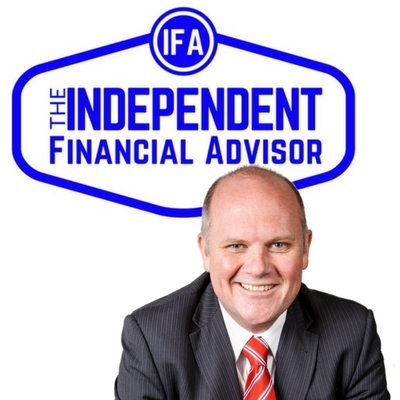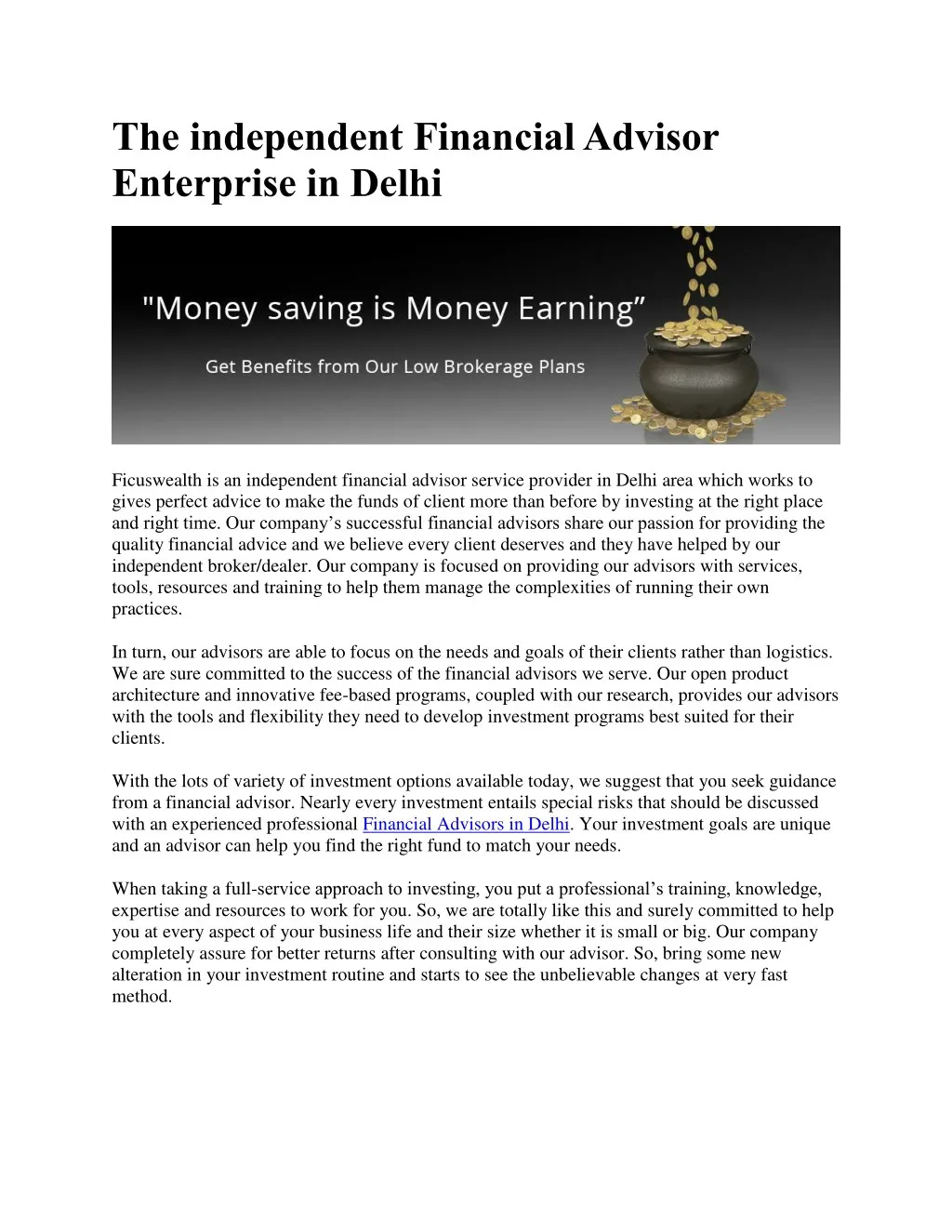
- #INDEPENDENT BUDGET ADVISOR HOW TO#
- #INDEPENDENT BUDGET ADVISOR REGISTRATION#
- #INDEPENDENT BUDGET ADVISOR PROFESSIONAL#
- #INDEPENDENT BUDGET ADVISOR FREE#
#INDEPENDENT BUDGET ADVISOR FREE#
“The lack of product goals can free you up to focus on what’s best for your clients. Advisers who are not independent or work for large firms are usually not allowed to review tax returns or provide tax planning advice,” says Piershale.įor his part, Favorito says the pros of working with an independent adviser are that there are no product sales goals as you don’t have a sales manager to answer to. They can also practice tax planning and review a client’s tax return and give tax planning advice. “They can practice as full-time fiduciaries if they prefer, and do not sell any products on commission. The reason independent financial advisers tend to have fewer conflicts of interest is because the client is their only employer. Why do independent financial advisers have fewer conflicts of interest? Likely will use a third party custodian to hold your money May be able to spend more time with clientsĮxperience levels and quality can vary widely May have fewer resources available than an adviser affiliated with a large firm Pros of working withįewer conflicts of interest because the client is their employer Without being tied to large financial institutions, independent advisers are able to personally tailor their guidance for clients without conflicts of interest and without the worry that they’re not hitting internal goals or reporting to anyone other than their client. Naturally, there are both pros and cons to working with independent financial advisers, though many experts agree that the pros outweigh the cons in this arena. Pros and cons of independent financial advisers “What are the conflicts that could influence their advice? Are they paid by their firm or by the client? Are they induced to sell specific products?,” says Derieck Hodges, certified financial planner at Anchorpointe Wealth. Though RIAs and CFPs are usually independent, you may need to ask additional questions about how they’re compensated.
#INDEPENDENT BUDGET ADVISOR HOW TO#
What gives? How to find out how an independent financial adviser is compensated? Ask.

See also: ‘It sounds like a conflict.’ I have an adviser who claims to be a fiduciary, but sells me mutual funds. However, most registered investment advisers are dually registered, meaning they can also sell financial products and receive compensation for doing so,” says Maurice.
#INDEPENDENT BUDGET ADVISOR REGISTRATION#
RIA – “A Registered Investment Adviser (RIA) is a legal registration with the SEC or your state that’s similar to attorneys, doctors and CPAs who are regulated by the federal government which also means they’re a fiduciary by law.
#INDEPENDENT BUDGET ADVISOR PROFESSIONAL#
Here are some professional designations you might want to look for, as these folks have extra training, but note that these designations don’t always mean they are independent or working as a fiduciary:ĬFA – A chartered financial analyst can be employed by an investment firm, broker-dealers, insurance companies or banks and they typically specialize in portfolio management and investment guidance for both businesses and individuals.ĬFP – Certified financial planners offer their clients financial planning assistance in regards to investing, portfolio management, savings, estate planning, retirement, taxes and more. To avoid the dual-role scenario, make sure you’re working with a fee-only professional. Selling financial products does not require someone to be a fiduciary, so consumers should understand when an adviser is and is not acting as one. (Looking for a new financial adviser? This tool can match you to an adviser who meets your needs.)

“There is no financial incentive to use one product over another to achieve client goals and objectives, because no one but the client is paying the adviser,” says Maurice. How to tell if a financial adviser is independentįully independent advisers are fee-only fiduciaries, meaning they must place their clients’ best interest above all else. Fee-only advisers only receive compensation from fees their clients pay them, they don’t earn any commissions.

If you’re both independent and fee-only then you have the least of all possible conflicts of interest,” says Joe Favorito, certified financial planner at Landmark Wealth Management.

It is possible, and also common, for investment professionals to be independent, but still work as a commissioned salesperson. “Being independent doesn’t necessarily mean you’re free of product conflicts. That said, there are many financial professionals who are independent.


 0 kommentar(er)
0 kommentar(er)
